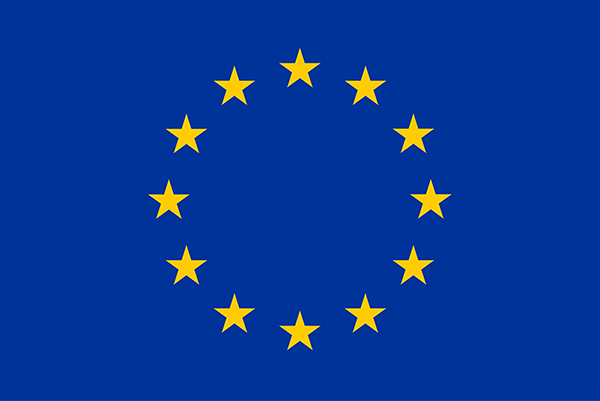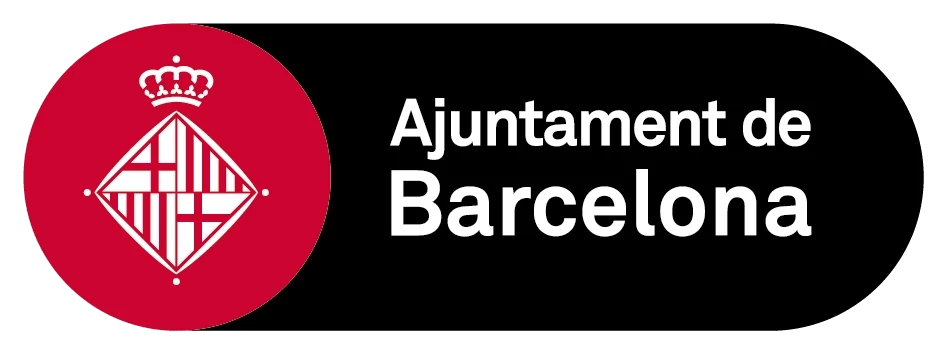News & Updates
Updated Information about SMILES & News Articles
Media Literacy school projects: how can journalists train teachers?
Training K-12 teachers in Media Literacy and helping them plan, implement and monitor school projects is the main aim of the Media Literacy and Journalism Association (MLJA), a Portuguese NGO created by professional journalists and researchers, in 2017. MLJA is currently involved in two main projects: as a partner of ‘IBERIFIER – Iberian Digital Media and Fact-checking hub’ (funded by the European Digital Media Observatory) and as the leader of ‘Media Literacy and Journalism: pedagogic practices with and about media’, an in-service teacher training project funded by the National Training Centre for Journalists (CENJOR) and the Ministry of Education.
This article is focused on the second project through which 150 journalists and other media professionals were trained in Media Literacy, in three phases (2017, 2019, 2020). Fifty out of the 150 were certified as teacher trainers by the Ministry of Education and trained 250 teachers from 100 schools nationwide (in three phases: 2019, 2020, 2022). Trained teachers have developed Media Literacy projects involving more than 2500 preschool children and K-12 students. Firstly, journalists helped teachers design projects adapted to their schools and communities. After the training, they continued to offer teachers regular support and monitored developments. Therefore, some of the projects were extended beyond the training courses and are still running.
The training courses showed the following:
- Teachers are really interested in attending Media Literacy training;
- Teachers are very demanding and this was the reason why other journalists rather than regular trainers were asked to participate in the training sessions, thus meeting the teachers’ needs (e.g.: in video production);
- Projects move more easily and faster when someone from the school board is attending the training;
- Projects (e.g.: school radio, online and printed newspapers, TV documentary, social media pages run by students, debates, trainings on disinformation) need regular monitoring;
- Most of the developed activities are replicable.
In the future, more focused training courses could be developed, updated, and revised, according to the outcomes. There is a growing number of teachers trained in schools, and more journalists trained and available to support schools, through the Media Literacy and Journalism Association website. MLJA also produced a set of videos on Media Literacy available through the national public broadcaster RTP. Lessons learned, transformation of in-class training to remote learning (done to overcome the school closures due to the pandemic), and the expansion of the target to pre-school and primary grades are also key.
To replicate this project abroad, we must first underline the point that we should focus more on the intervention model and less on developed activities. Having stakeholders work in partnership, it is crucial to proceed with certified teacher training (e-learning or b-learning), reduce contact hours and increase the number of asynchronous hours, as well as interpersonal relationships outside of synchronous sessions (among trainees and trainers and trainees). It is also key to train the trainees in online learning and about preschool and primary school education. Finally, it is crucial to produce data collection instruments, co-create assessment tools and monitor resources, and ensure that trainers are available to work with teachers on an ongoing basis.
The basic assumptions have been tested, evaluated, and proved. This encourages and supports teachers to tailor their Media Literacy school projects rather than offer ready-made projects. It also makes journalists available to support the development of those projects, monitored by academics and the Ministry of Education itself. Results were positive on three levels: i) improving the performance of practitioners (e.g., teachers, journalists and others; ii) ensuring the sustainability of the projects created; and iii) informing policy makers.
---
Vitor Tomé, Miguel Crespo, Sofia Branco and Isabel Nery (Media Literacy and Journalism Association, Portugal).
Article reposted with permission from Media & Learning Association (External link)



